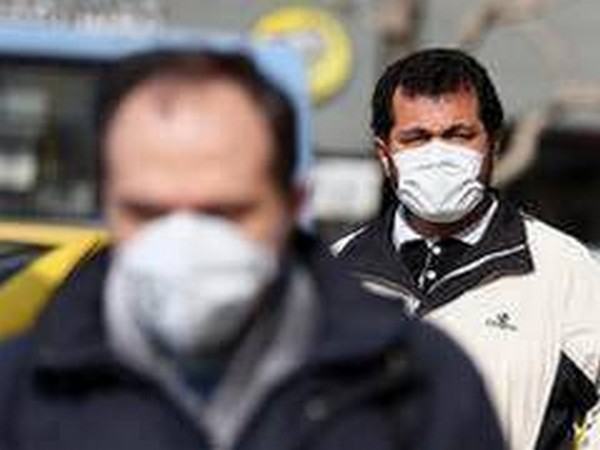Spread of coronavirus fuels corruption in Latin America

- Country:
- United States
Even in a pandemic, there's no slowdown for swindlers in Latin America. From Argentina to Panama, a number of officials have been forced to resign as reports of fraudulent purchases of ventilators, masks, and other medical supplies pile up. The thefts are driven by price-gouging from manufacturers and profiteering by politically connected middlemen who see the crisis as an opportunity for graft.
Coronavirus clusters are still spreading in Latin America, fuelling a spike in deaths, swamping already-precarious hospitals, and threatening to ravage slumping economies. Against this backdrop, reports of fraud have proliferated.
On Tuesday, police in Rio de Janeiro raided the governor's residence as part of a widening probe into the alleged embezzlement of part of the $150 million in public funds earmarked for building field hospitals. In Colombia, 14 of 32 governors are under investigation for crimes ranging from embezzlement to unlawfully awarding no-bid contracts. In Argentina's capital of Buenos Aires, prosecutors are probing a politically connected crony for buying 15,000 N95 surgical masks that, despite having expired, cost the city 10 times their listed price.
Perhaps the biggest fallout is in Bolivia, where the health minister was arrested amid allegations that 170 ventilators were bought at inflated prices. The breathing machines were purchased for nearly $28,000 each. But their Spanish manufacturer said it sold them to a distributor for only 6,000 euros ($6,500). Making matter worse, the machines aren't suitable for longer-term care. The probe threatens to derail the presidential candidacy of interim leader Jeanine Anez. She assumed power in November, promising a clean break from 13 years of leftist rule by Evo Morales, who resigned amid vote-rigging allegations.
Similar accusations of over-billing have shaken Panama, where a top aide to President Laurentino Cortizo quit and his vice president is under pressure to resign after prosecutors last month began investigating the planned purchase of 100 ventilators at nearly $50,000 each. In Brazil, which has the world's second-highest number of confirmed cases, police in one state created a task force to investigate pandemic-related crimes. Its nickname, “Corona Jato,” is a nod to the region's biggest recent corruption scandal, the “Lava Jato,” or “Car Wash,” probe that uncovered billions stolen from state-run companies.
Tuesday's surprise search of the governor's mansion and 10 other addresses in Rio has rattled Brazil's political establishment because Governor Wilson Witzel is a fierce critic of President Jair Bolsonaro, accusing him of undermining state measures to fight the virus. Witzel denied any wrongdoing and accused Bolsonaro of ordering the raid as political retribution. To be sure, disasters breed corruption all over the world, not just in Latin America. Spain, Italy, and other countries also have been rocked by revelations of impropriety during the pandemic. In the US, an estimated 16% of $1 billion in aid spent after Hurricane Katrina was lost in potentially fraudulent payments. In one example, the Federal Emergency Management Agency paid one individual rental assistance as well as $8,000 to stay 70 nights at a hotel in Hawaii.
But stealing state funds is especially vexing in Latin America because of gaping poverty and a tattered social safety net. More than half its workers toil in the informal sector without health care or social security. Latin American countries consistently rank among the most corrupt. The latest survey by Berlin-based Transparency International found that more than half of the region's residents think the problem is getting worse, with 1 in 5 admitting to paying a bribe to public officials in the past year. Scandals involving officials caught stealing from school lunch programs, passing briefcases full of cash, or placing lovers in cushy jobs are frequently in the news.
A turning point came in 2016 when Brazilian construction giant Odebrecht admitted to paying $788 million in bribes across Latin America over more than a decade. That led to the jailing of former presidents in Peru and Brazil.
(This story has not been edited by Devdiscourse staff and is auto-generated from a syndicated feed.)
ALSO READ
NFL Touchdown in Berlin: Expanding Global Reach
NFL Set for Historic Berlin Showdown in 2025
European Ministers Convene in Berlin for Critical Talks on Syria and Ukraine
Berlinale 2025: Star-Studded Lineup Set to Illuminate Berlin Film Festival
SA Leads LGBTQI+ Advocacy at 2024 Berlin Equal Rights Coalition Conference










